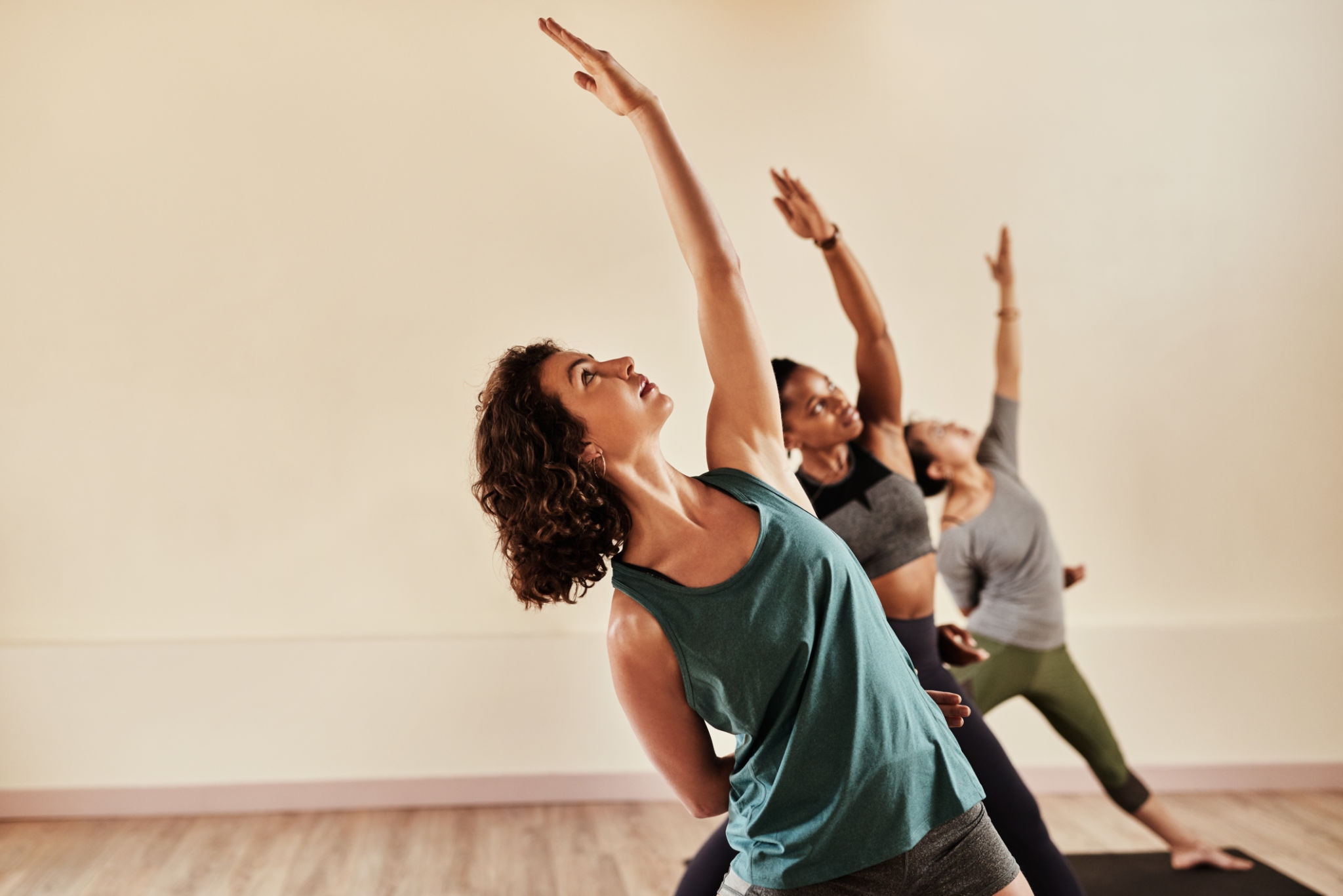The Benefits of Meditation: Expert Q&A for Beginners
Understanding the Basics of Meditation
Meditation is an ancient practice that has been embraced by various cultures for centuries. Today, it is widely recognized for its numerous health benefits and its ability to improve overall well-being. For beginners, understanding what meditation involves and how to start can be challenging. To shed light on this practice, we've compiled insights from experts in the field.
Meditation is more than just sitting quietly. It involves focusing your mind, often on your breathing or a particular thought, to achieve a mentally clear and emotionally calm state. This practice can be done anywhere and doesn't require any special equipment, making it accessible to everyone.

How Meditation Benefits Your Mind and Body
The benefits of meditation are extensive, impacting both mental and physical health. Experts highlight the following advantages:
- Reduces Stress: Meditation is known to decrease stress by promoting relaxation and reducing the levels of stress hormones in the body.
- Enhances Focus: Regular practice improves concentration and attention span, which can enhance productivity in daily tasks.
- Boosts Emotional Health: Meditation fosters a positive outlook on life, reducing symptoms of anxiety and depression.
Physical health also sees improvements. Studies have shown that meditation can lower blood pressure, improve sleep quality, and even bolster the immune system.

Common Misconceptions About Meditation
One common misconception is that meditation is solely about clearing the mind of all thoughts. In reality, it's about acknowledging thoughts and letting them pass without judgment. It's not necessary to have a completely empty mind to meditate effectively.
Another myth is that meditation requires hours of practice daily. Experts suggest that just a few minutes a day can lead to significant benefits. Consistency is more important than duration when it comes to developing a meditation habit.
Tips for Beginners to Start Meditating
Starting a meditation practice can be simple with the right approach. Here are some expert tips for beginners:
- Start Small: Begin with just 5 minutes a day and gradually increase as you become more comfortable.
- Create a Routine: Try meditating at the same time each day to build a habit.
- Find a Comfortable Position: Whether sitting or lying down, ensure you are comfortable to avoid distractions.
Many beginners find guided meditations helpful as they start their journey. These can be found through apps or online platforms and can provide structure and direction.

The Role of Breathing in Meditation
Breathing is a fundamental aspect of meditation. Focusing on your breath helps anchor your mind to the present moment. This focus can help reduce the tendency for your mind to wander and enhance the meditative experience.
Experts suggest practicing deep, slow breathing during meditation. This not only aids relaxation but also increases oxygen flow to the brain, promoting clarity and focus.
The Journey Ahead: Making Meditation Part of Your Life
Meditation is a personal journey, and its benefits can vary from person to person. The key is to remain patient and persistent with your practice. With time, you'll likely notice improvements in your mental clarity, emotional balance, and overall well-being.
As you continue on this journey, remember that meditation is a skill that develops over time. Each session offers an opportunity to learn more about yourself and cultivate a sense of inner peace.

Whether your goal is to reduce stress or enhance focus, incorporating meditation into your daily routine can be a transformative experience. By starting small and being consistent, you can unlock the numerous benefits this ancient practice has to offer.